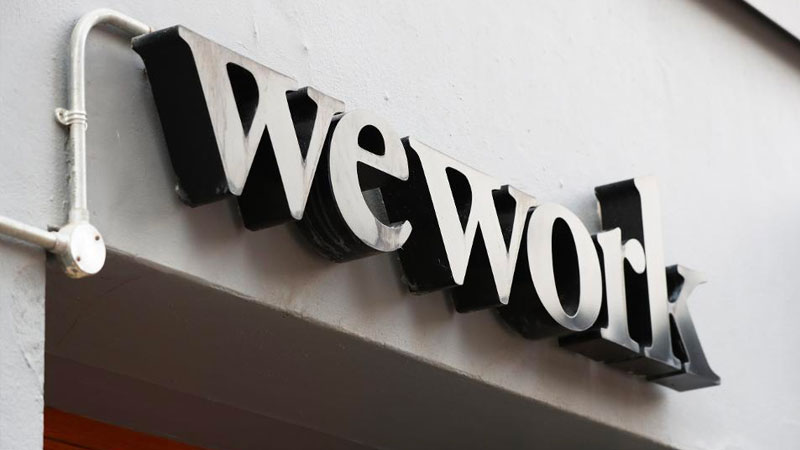WeWork Expected to Postpone IPO
The We Company is contemplating dramatically slashing its valuation for its upcoming initial public offering by 75 per cent to as low as US$10 billion (A$14.6 billion) a regulatory filing has revealed.
Over the past week, widespread reports have suggested that IPO might be postponed, or at the very least hit by a much diminished valuation.
According to Reuters, the sharp drop comes amid investor criticism of widening losses and co-founder Adam Neumann’s firm grip on the company.
The co-working giant has forged ahead with plans for a share sale despite being urged by SoftBank, its largest private investor, to delay it — due to concerns over operating losses, pricey lease agreements and executive payouts which have mounted in recent weeks.

WeWork was founded in 2010 in the SoHo district of New York City to provide co-working space, primarily for freelancers and small startups.
The New York-based company rents workspace to businesses ranging from startups to large corporations under short-term contracts, while paying rent itself under long-term leases.
In the nine years since its founding, the company has grown rapidly and consists of 528 locations in 111 cities and 29 countries, with plans to open a further 169 locations.
WeWork reported that it has 527,000 members as of 30 June, an increase of more than 90 per cent from the year before.
The company’s most recent funding round — a US$2 billion investment from SoftBank in January — valued the co-working company at $US47 billion.
At this valuation, WeWork would be the second largest IPO of 2019, trailing only Uber.
The company has been able to fund its rapid expansion around the globe until now thanks to generous backing from its investors, led by Japanese telco giant Softbank.
SoftBank underlined its valuation techniques including cash-flow analysis, recent transactions, and comparison with peers to underpin its numbers.
However the company has garnished a reputation for intuitive bets and for doubling down on companies that have yet to generate hard results.
According to its IPO prospectus, WeWork lost $US1.6 billion on $US1.8 billion in revenue in 2018 — and its losses are outpacing its revenue growth.

Co-founder concessions
Under a complicated share structure, Neumann controls the majority of the voting rights through the company’s class B and C shares.
Neumann’s holdings could increase under the IPO, and WeWork’s leases include four buildings owned in part by him.
The company now has plans to revamp a stock structure that gave Neumann unlimited sway over the board by cutting his vote count. WeWork will also announce a lead independent director by year's end.
The new filing has revealed that Neumann will return any profits he receives from the real estate transactions he has entered into with the company, and that any chief executive officer who succeeds Neumann will be selected by board of directors.
Neumann will also limit his ability to sell stock in each of the second and third years following this offering to no more than 10 per cent of his shareholdings.
Walking a fine line
Uncertainty has been sparked by claims WeWork would not be able to withstand a major recession as confidence in the economy is starting to dip.
Analysts believe WeWork would collapse under the weight of its massive operating lease obligations, which increased from US$34 billion to US$47 billion in just the first six months of 2019.
Banks that underwrote the IPO will have collected hefty fees. The only losers will be the public investors that allow themselves to buy this overpriced and extremely dangerous stock.
WeWork's Class A stock has been approved for listing on Nasdaq under symbol "WE" and is at this time pressing ahead with plans to go public despite lukewarm interest in its shares.












